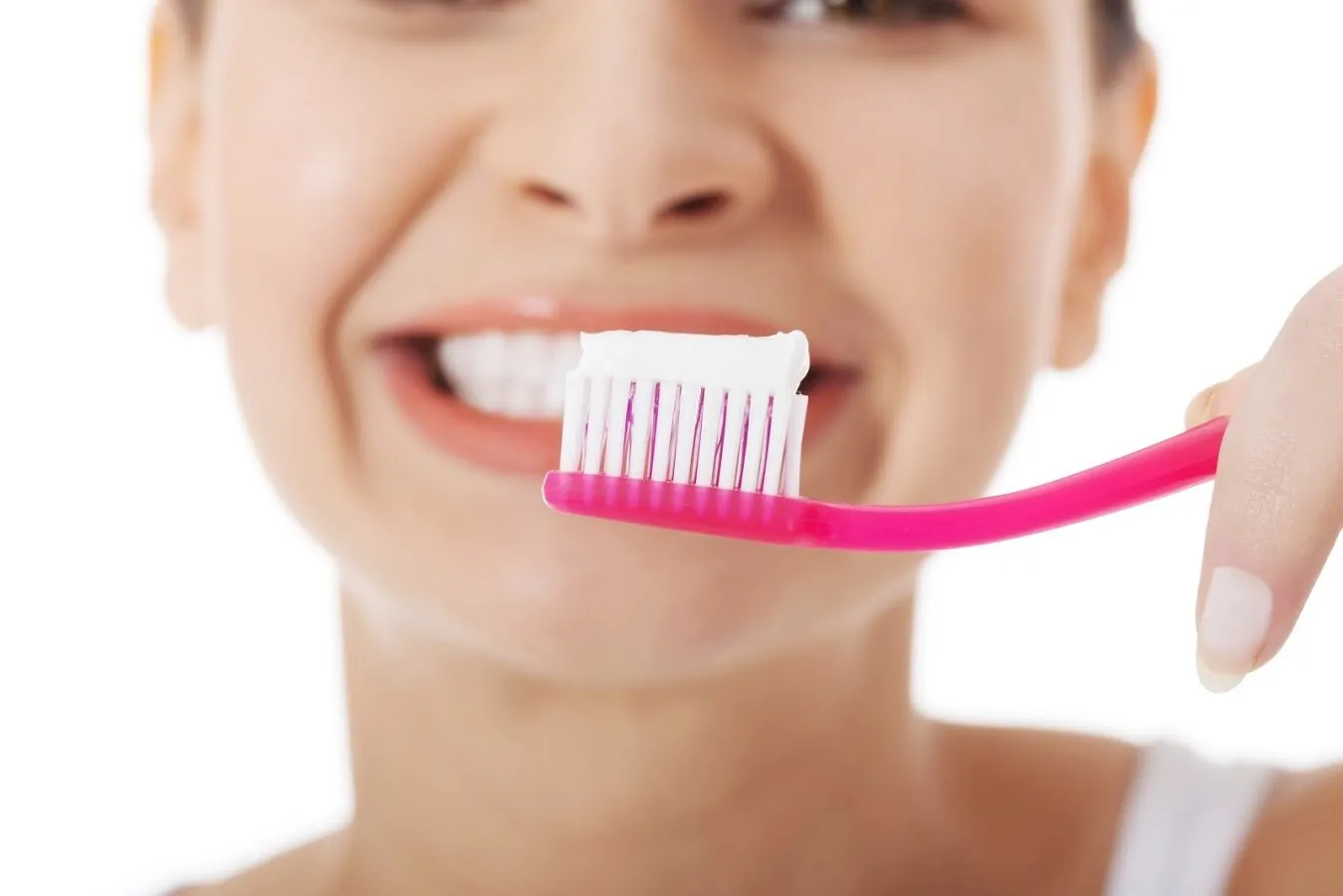Most people don’t put much thought into choosing a toothbrush. You’ve probably only used one brand and model for years, or maybe you just buy whichever brush is on promotion when you go shopping.
In most cases, there’s nothing wrong with that — as long as your toothbrush is of good quality, it should help you look after your dental health just fine. Sometimes, however, it pays to spend a bit more time considering your toothbrush choice.
This is particularly the case if you have an underlying dental problem or there’s a reason your mouth needs specialist care. Here are some tips to help you find the perfect brush for your needs.
If You Have Veneers or Crowns
Crowns and veneers are tough and durable, but they’re not indestructible. If you want to avoid damaging them, then choose a toothbrush that has medium or soft bristles. It’s particularly important to use a soft brush if you often find yourself pressing too hard.
If You Wear Braces
For those who wear braces, one of the problems faced is that the gums can be slightly irritated. When you brush, you can accidentally make this worse, so use a brush with soft, rounded bristles to help protect your mouth.
Because braces have all sorts of nooks and crannies, a normal toothbrush alone is not usually enough. You should get a small, interdental brush to make sure you clean everywhere.
If You’re a Smoker
Smoking causes various oral health problems, and the way it affects your mouth means you could need a toothbrush that falls into one of two extremes.
If you find your gums sore, irritated, or bleeding, then make sure you use the softest brush you can find to reduce the damage.
On the other hand, if you have stained teeth and find it difficult to keep them clean, then a hard, smoker’s toothbrush might be what you need. However, if you do use a hard-bristled brush, be extremely careful not to press too hard or you’ll damage your tooth enamel and gums. Hard brushes are rarely recommended to anyone because they can be highly abrasive.
If You Still Have Your Wisdom Teeth
Quite a few people either haven’t developed wisdom teeth or have had them removed, but for those who still have them, it’s important to take good care of them.
Wisdom teeth and even back molars are often quite difficult to reach, so choose a brush that lets you easily brush far back in the mouth. Brushes with angled heads or additional sections of bristles are good for this.
Alternatively, some people find an electric toothbrush useful for reaching their back teeth, because the small head and automatic movement makes it easier to get to those out-of-reach areas and clean them properly.
If You Have Dental Implants
Implants need to be taken care of just as natural teeth do, so it’s important to use the right brush even if you have a full set of implants.
In most cases, a soft or medium toothbrush will do the job just fine, as long as you make sure you reach all surfaces and areas of the teeth. If you have multiple crowns attached to one implanted root, then you might need to use interdental brushes to get into the gaps and clean thoroughly.
If You Have Gum Disease
If you’re aware you have gum disease, then you should be undergoing some form of treatment for it. As you go through treatment you should stick to a soft brush to avoid irritating the gums further. In addition, the brush you use should have a small head so you can concentrate on smaller areas of the mouth. This helps ensure you don’t use too much pressure and you clean your gums thoroughly.
If you’re not sure whether you’re using the right toothbrush, or you’d like other advice on looking after your unique teeth and gums, then make an appointment with us for a check-up. We can make personalised recommendations while we help ensure your long-term oral health.




